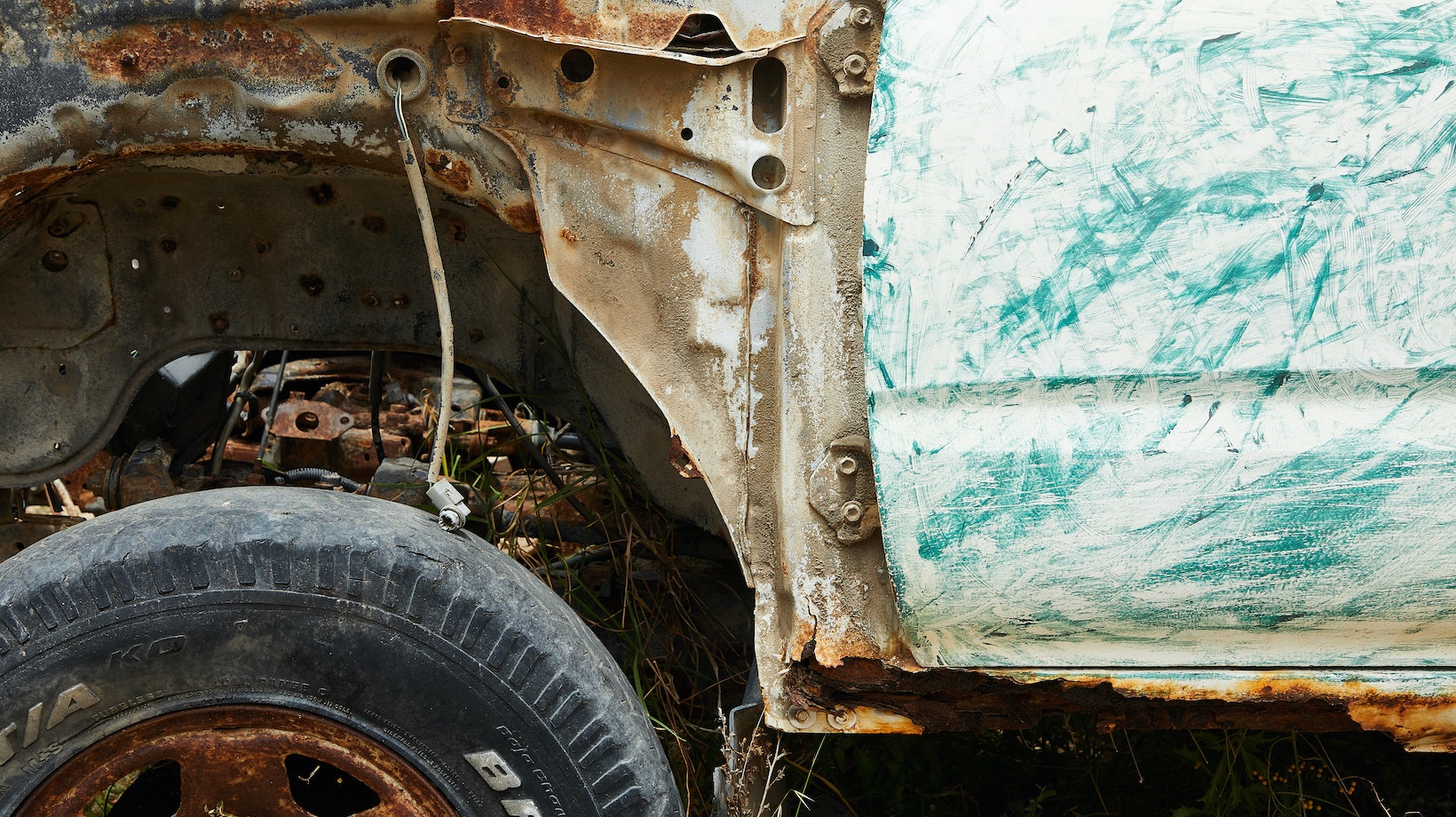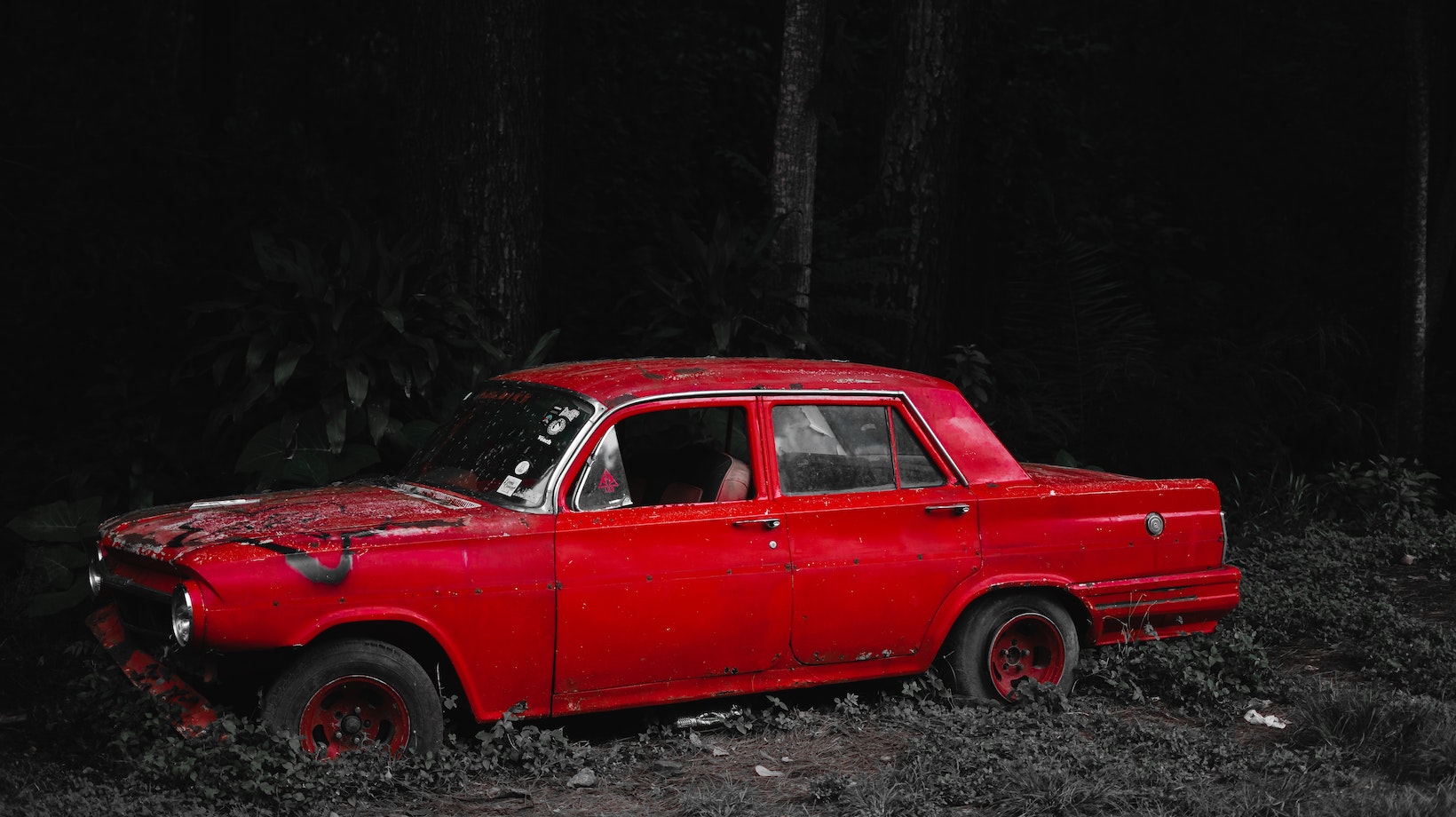Car Bumper Scratch Repair
When it comes to car bumper scratch repair, assessing the depth and severity of the damage is an essential first step. Understanding the extent of the scratch will help determine the most appropriate repair method and give you a clearer idea of what to expect in terms of cost and time.
Determining The Depth Of The Bumper Scratch
To accurately assess a bumper scratch, you’ll need to identify its depth. Here are some common types of scratches based on their depth:
Surface scratches are usually minor blemishes that only affect the clear coat layer. These scratches are often shallow and can be easily repaired using DIY methods or with specialized products designed for surface-level imperfections.
If a scratch has penetrated through the clear coat layer but hasn’t reached the paint layer, it’s considered clear coat damage. This type of scratch may require more advanced repairs such as wet sanding or polishing to restore the smoothness and shine of your bumper.
When a scratch goes beyond the clear coat layer and reaches down into the paint, it’s referred to as paint layer penetration. This type of damage requires more intensive repair techniques, including touch-up painting or even repainting sections of your bumper.
Factors Affecting The Severity Of A Car Bumper Scratch
The longer and wider a scratch is, especially if it extends across multiple panels or areas with complex curves, typically indicates greater severity. Larger scratches may require more extensive repairs to achieve satisfactory results.
Professional Options For Repairing Deep Bumper Scratches
While minor surface scratches can often be addressed with DIY techniques, deeper scratches and more severe damage are best handled by professionals. Here are some professional options for repairing deep bumper scratches:
Paintless dent repair is a technique commonly used to fix dents and minor damages without the need for repainting. Skilled technicians use specialized tools to carefully reshape the affected area, restoring it to its original form.

Touch-Up Painting
For scratches that have penetrated the clear coat layer or reached down into the paint, touch-up painting may be necessary. This involves precisely matching the color of your vehicle’s paint and applying it to the damaged area in layers for a seamless repair.
Bumper Replacement Or Repainting
In cases where extensive damage has occurred, such as significant paint layer penetration or structural issues, replacing or repainting the entire bumper may be required. This option ensures a comprehensive restoration of both appearance and function.
Remember that professional repairs offer expertise and equipment that can achieve superior results compared to DIY methods. It’s always wise to consult with a trusted auto body shop for an accurate assessment and guidance on how best to repair your car bumper scratch.
By accurately assessing the depth and severity of your car bumper scratch, you’ll be better equipped to make informed decisions about repair options and ensure a satisfactory outcome in terms of aesthetics and durability.
Choosing The Right Repair Method
- Assessing the Scratch:
- Begin by examining the depth and extent of the scratch on your car bumper.
- Is it a superficial surface scratch or a deep gouge?
- Does it cover a small area or is it spread across a larger section?
- DIY Touch-Up Kits:
- For minor scratches and blemishes, do-it-yourself touch-up kits can be a cost-effective solution.
- These kits typically include paint pens or bottles with matching colors that allow you to fill in the scratched area.
- They’re easy to use and can provide satisfactory results for small scratches.
- Professional Paintless Dent Repair (PDR):
- Paintless Dent Repair is an excellent option for shallow scratches and dents.
- This method involves using specialized tools to massage out dents from behind without damaging the paint.
- PDR is ideal when there’s no paint damage involved.
- Traditional Repainting:
- If your car bumper has deep scratches or extensive damage, traditional repainting may be necessary.
- This involves sanding down damaged areas, applying primer, matching paint color, and finally clear coating.
- Consultation with an Auto Body Shop:
- When in doubt about which repair method is best suited for your specific case, consult with an auto body shop.
- Expert technicians can assess the damage accurately and recommend the most suitable repair approach based on their experience.
Remember that while certain methods like DIY touch-up kits may seem tempting due to their affordability, they may not always yield professional-grade results. It’s important to weigh the pros and cons of each repair method and choose the one that aligns with your needs, budget, and desired outcome.








































